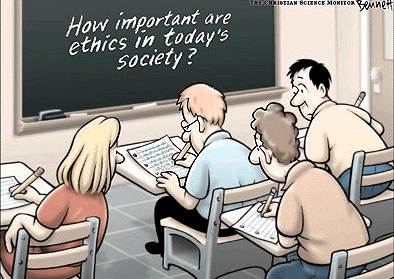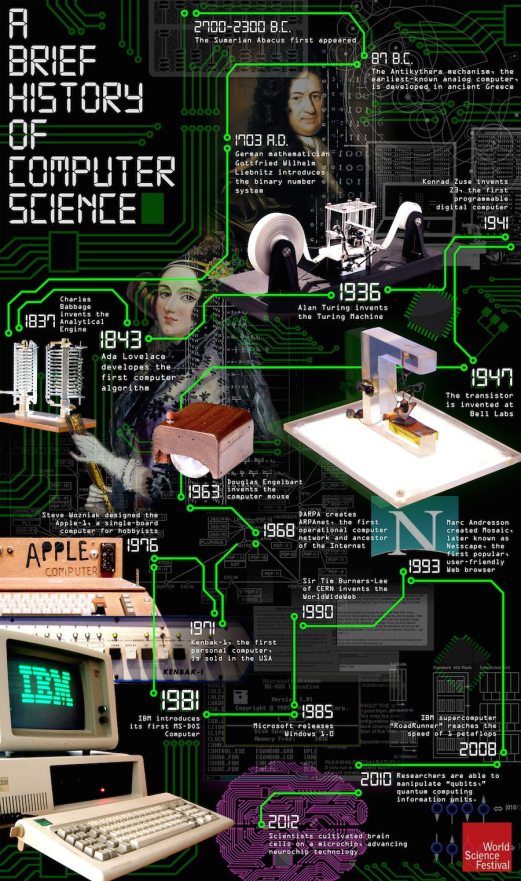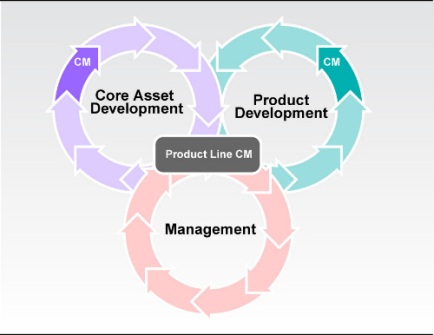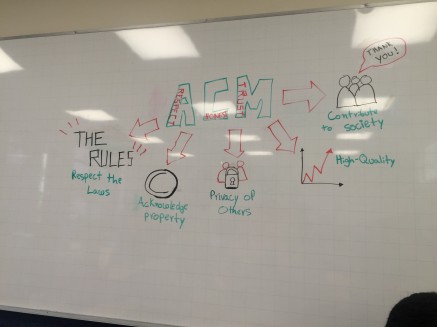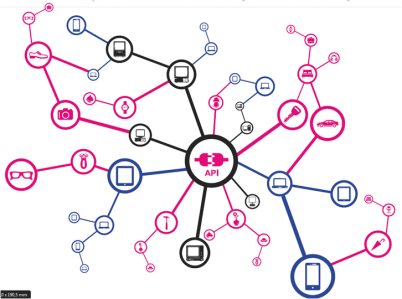
If you like social media, and use your mobile apps to make tasks easier and faster -actually, if you are reading this-, you should thank APIs.
I bet a lot of us read or heard about this term once and didn’t know what it means. Well, API refers to Application Programming Interface and its work is to allow applications talk to each other, and no, it’s not magic.
Isn’t it cool the fact that we can share posts from one web site to many others with just one button? Don’t you love the button “Log in with Facebook/Twitter/Google” in many applications? Aren’t you obsessed -just like me- with sharing everything on Facebook? Have you ever wondered how is it possible to connect your mobile apps to websites?
If you answered No to all these questions, then you’re weird. But otherwise, let me tell you that all those things are possible thanks to APIs!

Web sites used to be just publishing things from a database, but now it’s possible to pull content from many databases and API resources. Also, users can iteract and generate content as well.
You might think that APIs are very recent, but they’re not. The function of an API, at first, was to connect one program to another. Then in 2007 the iPhone was released and there the power or APIs got 10000 times bigger and more important, because thanks to the iPhone, mobile apps became part of our lives.
This cool video will help you understand APIs more easily.
Source:
- http://101.apievangelist.com/
- http://sproutsocial.com/insights/what-is-an-api/
- http://readwrite.com/2013/09/19/api-defined/

